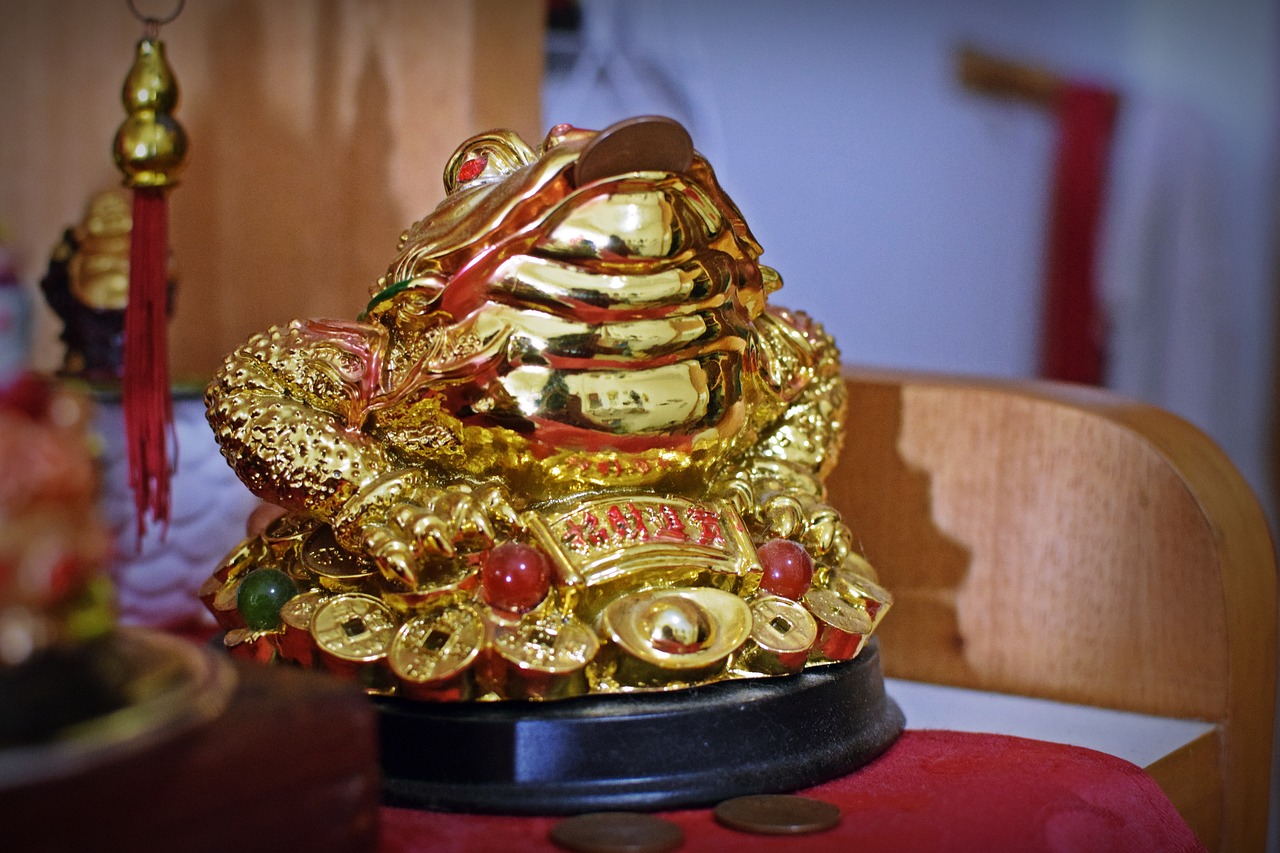Physical Wellness
Feng Shui in Hospital Rooms May Have Healing Potential

feng shui frog | (Photo : Image by Andre Figueiredo from Pixabay)
A recent study delving into the effects of feng shui design in hospital rooms suggests potential benefits for patients, shedding light on the intersection between traditional practices and modern healthcare.
Dr. Emma Zijlstra, leading the study, noted the significance of hospital design in enhancing patient experiences, noting the growing interest in evidence-based design approaches.
"Hospital designers might consider employing specific design principles in an effort to improve patients' experiences," Dr. Zijlstra, of Hanze University of Applied Sciences in the Netherlands, said, according to Saipan Tribune.
"Growing evidence suggests there are beneficial outcomes from an approach known as evidence-based design. For instance, exposure to more daylight in hospitals is associated with lower stress and pain," she added. "Other well-known design approaches include Feng Shui, a Chinese system based on hypothetical energy flow, and the use of proportions following the golden ratio."
While feng shui, a Chinese practice focusing on energy flow, has long been recognized, empirical evidence of its efficacy in hospital settings was lacking until now.
"To our knowledge, this is the first and largest randomized controlled trial linking design principles, partly ancient and world-renowned, directly to anxiety in hospital rooms," Dr. Zijlstra noted.
In the study, participants were randomly assigned to view virtual hospital rooms designed according to feng shui principles, evidence-based design, the golden ratio, or a standard hospital room. Following their virtual experience, participants completed questionnaires assessing anxiety and other health indicators.
Results revealed that rooms designed with evidence-based principles correlated with reduced anxiety and enhanced feelings of control, social support, and overall room pleasantness. While feng shui design did not directly correlate with lower anxiety, participants reported increased social support, positive distraction, and room pleasantness.
Interestingly, the golden ratio-based design showed no apparent benefits. The study's findings suggest that both evidence-based and feng shui design approaches hold potential for improving patient well-being in hospital settings, possibly through shared elements like greenery incorporation.
Despite the promising results, researchers cautioned about the translation of online findings to real-life hospital environments. Dr. Zijlstra stressed the significance of further large-scale studies to explore specific design features' long-term effects on patient outcomes.
"This study showed that both Feng Shui and evidence-based design are capable in effecting anxiety and it is important that large follow-up studies are conducted to examine the effect of specific design features," she said.









Join the Conversation